On January 30th, Peterborough's Market Hall Performing Arts Centre saw the opening performance of Shakespeare's Twelfth Night by local theatre arts collective The Electric City Players (ECP). The second major production by the group (after last year's stunning post-apocalyptic twist on Macbeth) was an evening of laughter, bittersweet tears, and a healthy dose of millennial sadcore alt-rock.
And I'm going to tell you all about it!
Now, I'll be the first to admit my unfamiliarity with Twelfth Night (or What You Will), as it never appeared on the syllabi of my undergrad Shakespeare courses, so besides reading the synopsis helpfully printed on the production's programme I was going in completely blind. Thankfully, I got a chance to talk with ECP's directorial duo, Jacqueline Barrow and Andrew Loeb, in a cozy kitchenette before the show to get a quick primer on what to expect. Here's what they had to say:
Liam Andrews: So, why Twelfth Night?
Jacqueline Barrow: Well first of all, we knew we wanted to do a comedy. After Macbeth we both wanted to try something a little bit lighter, and Twelfth Night is a show that Andrew had always thought about doing, so I let him take the lead on that one, right?
Andrew Loeb: Yeah, for me it's the most interesting of Shakespeare's plays from a genre perspective in that it's a comedy, but it's really sad in places as well. There's a number of characters who are mourning real losses, and that's sorta where the comedy begins, in the wake of all this sadness and grief. It's almost a kind of emotional bulwark against all of that pain and hurt. There's something I've always really enjoyed about that, which I don't think a lot of other productions have focused on before.
LA: They tend to ignore the sadder elements?
AL: Yeah, it is a very very funny comedy, but it’s often treated as a bit of a, well, a straight-up romantic comedy. But if you're really careful about reading the text you can see that lots of the characters are laughing so that they don't cry. There's a kind of guarding against the realities of sadness that to me, animates the whole play.
LA: Sounds like an interesting challenge for your actors, playing that combination of laughter and sadness. Do you think they took well to it?
JB: I think it was a struggle. There were a lot of times where we were saying "It needs to be funnier!" because they're so good at playing it sad, and comedy has to be very nuanced. They did such an amazing job at blending it, but it was a challenge for everyone to find that balance.
LA: But you're happy with the balance you found?
JB: Oh yeah. 100%.
LA: With any Shakespeare production, it seems like there's always a tricky decision of how to adapt the play to be accessible to a modern audience. What was your approach to that with Twelfth Night?
JB: I think in spots we play a lot with sexuality and gender roles, which is very topical right now, but the one way we tried to make it seamless was through the music.
LA: Right, I meant to ask about that. What was it like working with a group of musicians throughout the production?
AL: We had them on board pretty early in the process. We knew right away that we wanted a live band and as soon as we found a group we gave them the aesthetic we were looking for, which is a sort of dreamy, mid-century, nostalgic, Lana Del Rey sort of thing. Much of the play is about nostalgia and yearning for a time when, say, you were younger, or when you were in love, or before someone died, so the music captures that. And I think that's where we're able to pull the play into a contemporary moment, so to speak.
LA: So did you envision the play being set at some particular place and time, whether that's a geographical area or a certain historical era?
AL: Well to Shakespeare,Twelfth Night's setting of Illyria wasn't really a "place" so much as "elsewhere," you know? It's not "here," it's “somewhere that's different from here".
JB: Yeah, so not so much a geographical area, but definitely a post-war, pseudo-mid-twentieth-century aesthetic. The world hasn't quite come into a recognizable modern era, but we've placed items that might be familiar from our childhood or from our grandmother's house, and we hope that people resonate with that as well. And again, including music that we feel nostalgic for is a big part of getting that feeling across.
______
By this point, the heads of several stagehands had poked into the kitchenette with increasingly urgent reminders about curtain call, so I wished a pair of broken legs unto Barrow and Loeb and hurried to my seat, now suitably primed and ready for theatrical excellence.
And yeah, they weren't kidding: this play is very sad. After a traumatic storm, twin siblings Viola (Lauren Yandt) and Sebastian (Eddy Sweeney) wash onto shore, each grieving what they believe to be the other's demise at sea. The household of Lady Olivia (Carissa Kaye) mourns the recent death of her brother, while the lonely Duke Orsinio (Jason Shulha) longs for companionship, all to the tune of Radiohead's dissociative-PTSD classic "How to Disappear Completely" and Mazzy Star's "Fade Into You," played by the aforementioned Twelfth Night House Band.
Though we eventually get around to seeing classic Shakespearean-comedic tropes like love triangles and diegetic crossdressing, the first act's lone source of lightheartedness comes in the duo of Sir Andrew Aguecheek (Seamus McCann) and Sir Toby Belch (Robert Barrow) who provide a welcome break of word games and slapstick among the pervasive moroseness of the other characters.
However, it only takes a couple scenes of seeing the two get progressively more shmackered over the course of an evening to get the sense that they're basically drinking themselves to death, casting a somewhat bittersweet light over even their antics.
It's a pattern that keeps up throughout the entirety of the play: the excitement felt at the budding quasi-homoerotic chemistry between Orsinio and Viola (disguised as a male page named Cesario) is tempered by the fact that their union would leave Olivia spurned and heartbroken.
When we laugh at Toby and Andrew's comic subplot of pranking the uppity steward Malvolio (John Austin), it comes with the uneasy subtext that we're laughing at the torment of a deeply insecure man desperate for respect.
Even the play's finale, where the shipwrecked twins are reunited and each married off to one of the aristocratic lonely hearts, I found the question lingering in the air, "Shouldn't Sebastian have ended up with Antonio (Jack van Roosmalen), the sailor who nursed him back to health and deeply cared for him?"
The play is certainly funny, but each joke is followed close behind by a sigh, each sweet victory balanced by a bitter thought of what could have been.
And just to circle back a bit, special praise is due to actor John Austin for his dynamic (and somewhat unhinged) performance as Malvolio, who despite being largely uninvolved in the play's main plot, ended up being the most memorable and dynamic character by some degrees.
While everyone in the play is suffering, the poor guy is really the one who seems to suffer most tangibly, as he whiplashes from the reveries of newfound (albeit mistaken) love to the lowest pits of despair at being locked in a lightless prison cell.
Thankfully, I managed to get a few words in with Austin, which proved highly enlightening as to his interpretation of the character.
LA: So, what can you tell me about Malvolio?
JA: Well, Malvolio is one of Shakespeare's most well-known characters, as a dour, pompous, and somewhat authoritarian man. He runs Olivia's household ever since the death of her father and brother, but he believes he's capable of handling things that are above his current station.
Sometimes he daydreams about, you know, "Wouldn't it be cool if I married Olivia?" and there are some mischievous characters in the play who take advantage of that by playing on his insecurities.
In the first half of the play he's this sort of goofy guy that nobody likes, but he wants so badly to be taken seriously. But by the second half when he's under the impression that Olivia is in love with him he really transforms, he puts on these ridiculous yellow stockings and is smiling constantly.
He's a bit of an odd guy and really makes a fool of himself, but he's just terribly treated the whole time by the other characters.
LA: What was your approach to bringing him to life onstage?
JA: What I've been trying to do is bring some humanity to the character, because really, I like Malvolio! He's not as smart or as capable as he thinks he is, but he really wants to be in charge of things.
He has a hard time getting along with other people, but he wants so badly to be loved that he basically tricks himself into believing that he is. I think that makes him a really empathetic character, because how often do we feel like we've got control before later finding out we really didn't?
LA: Insecurity seems to be a difficult thing to embody, as it's like a series of different emotions layered on top of each other.
JA: It really is, and that plays off in the final scene where he finally finds out the truth, he's just completely defeated. It turns out that nothing he's believed for the second half of the play is true, and it's this moment of crumbling for the guy. It really is one of the saddest arcs that Shakespeare ever wrote in a comedy.
LA: That combination of sadness and comedy came up earlier when I was talking to the directors...
JA: Yeah, the play has been done a number of times where it's all played extremely straight, and everything turns out exactly the way it's supposed to on the page. In that kind of interpretation, Malvolio is a simple and straightforward "bad guy" and we're supposed to cheer when he gets fooled. But we've been digging deeper into the play's relationships and we came to some different conclusions about who the characters are and the kind of psychological problems they're dealing with. That's been an approach that we, as a troupe, have taken towards this play.
Visit Electric City Players for more information on upcoming performances.





.png)





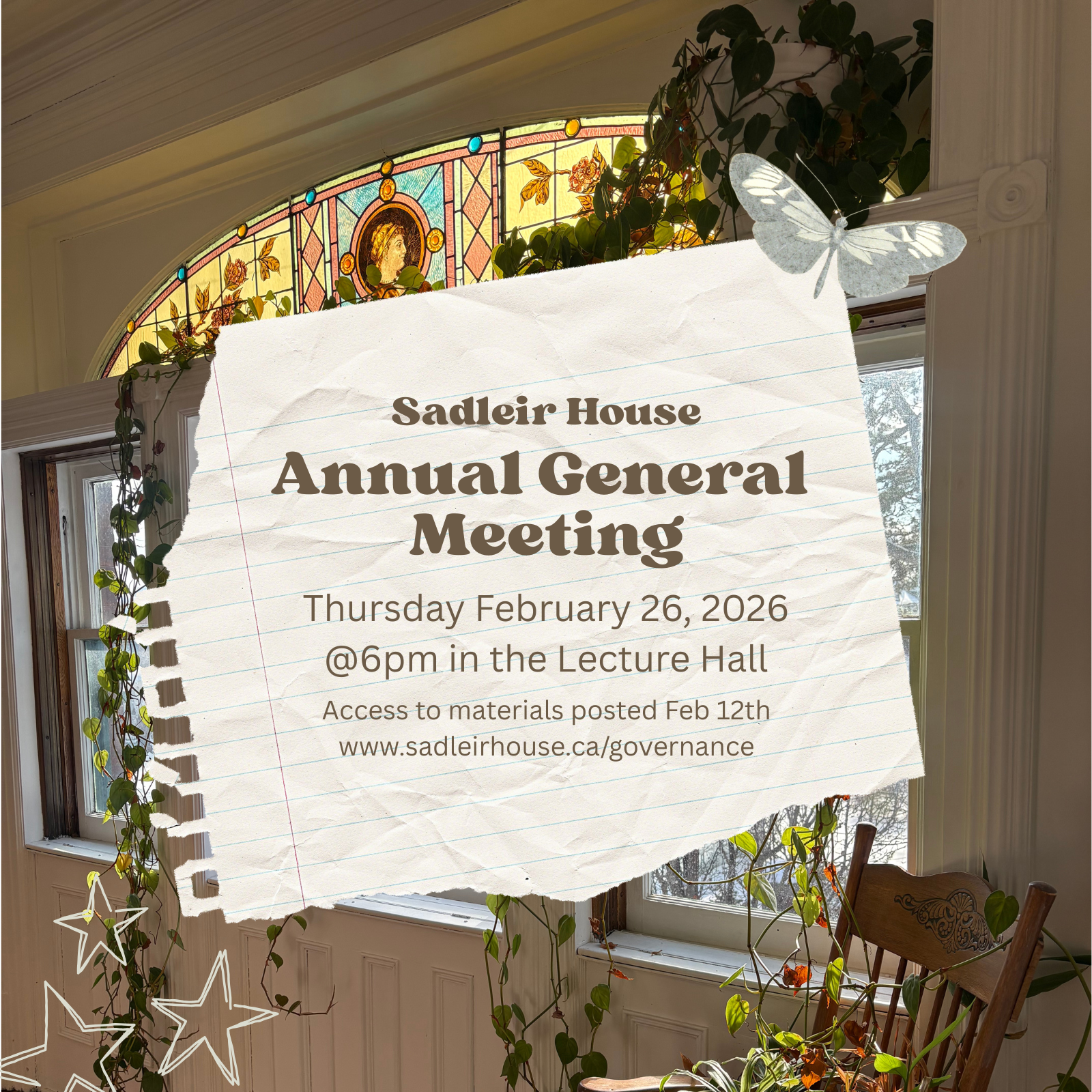






.jpg)
.jpg)
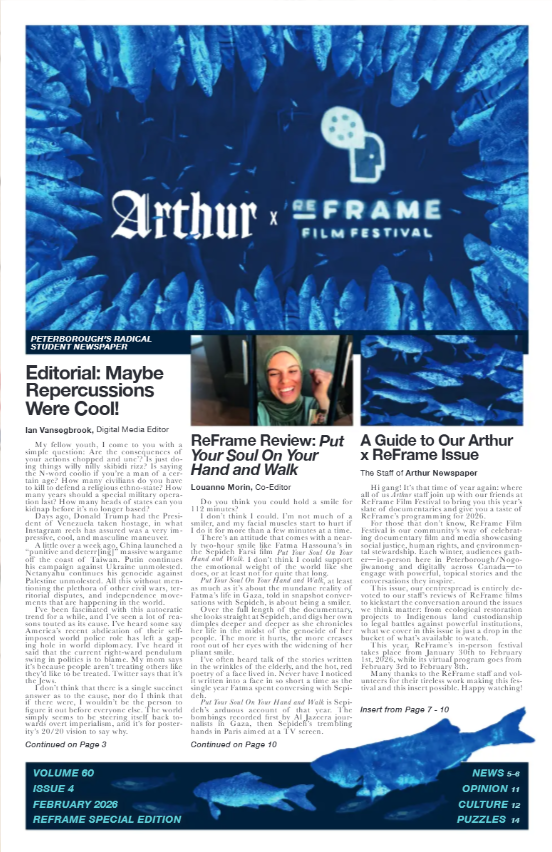
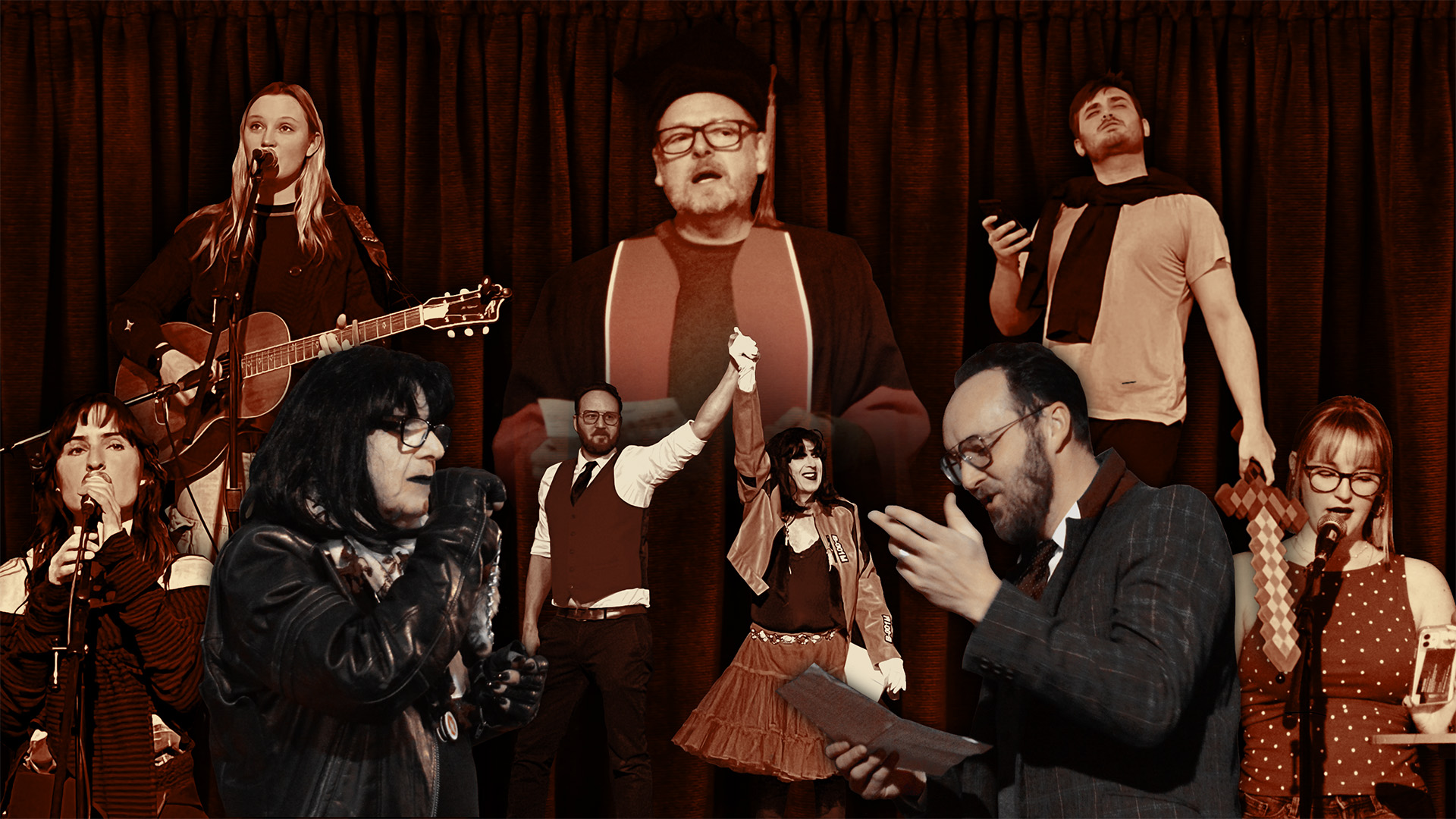
.png)
.jpg)
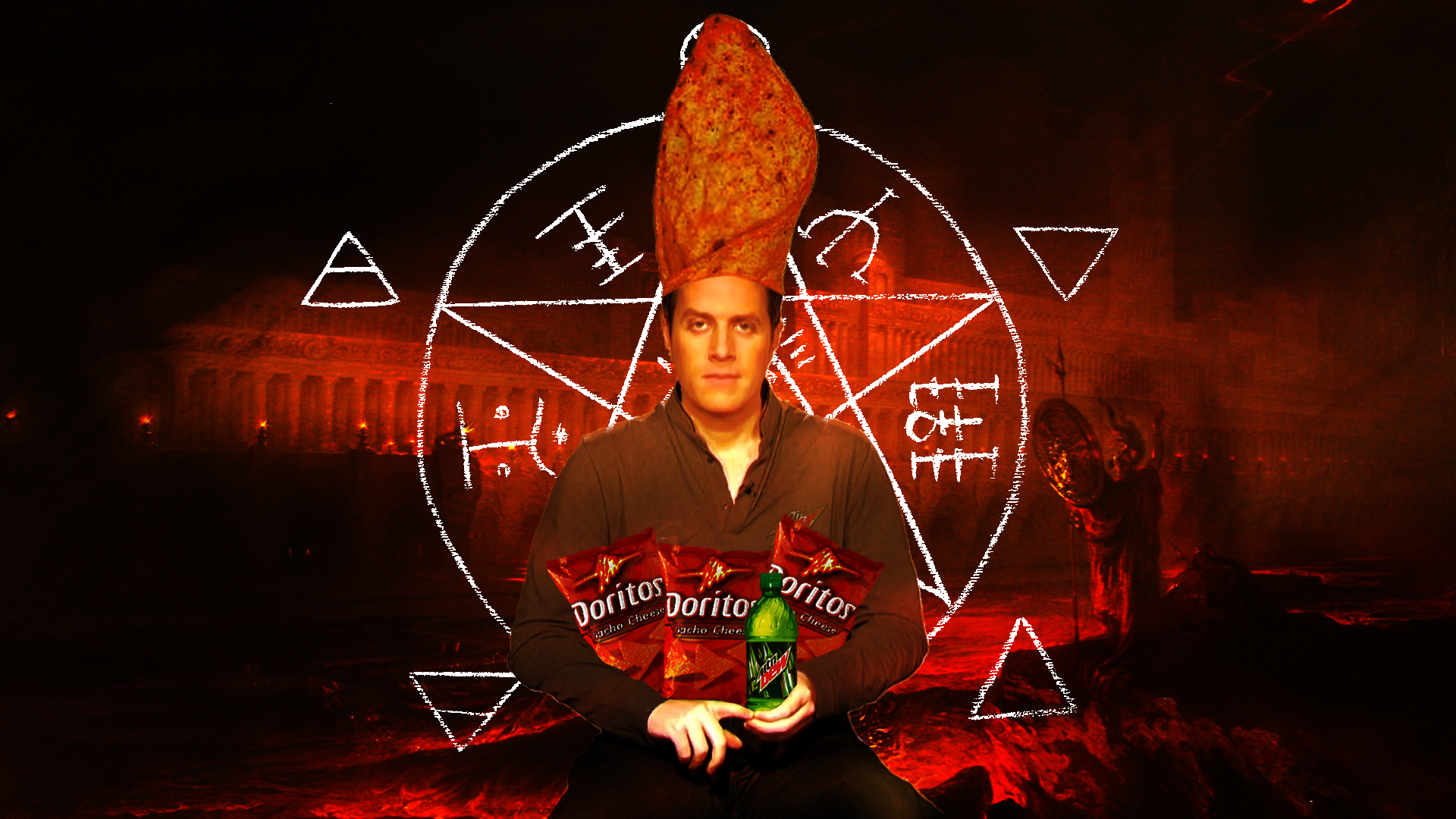
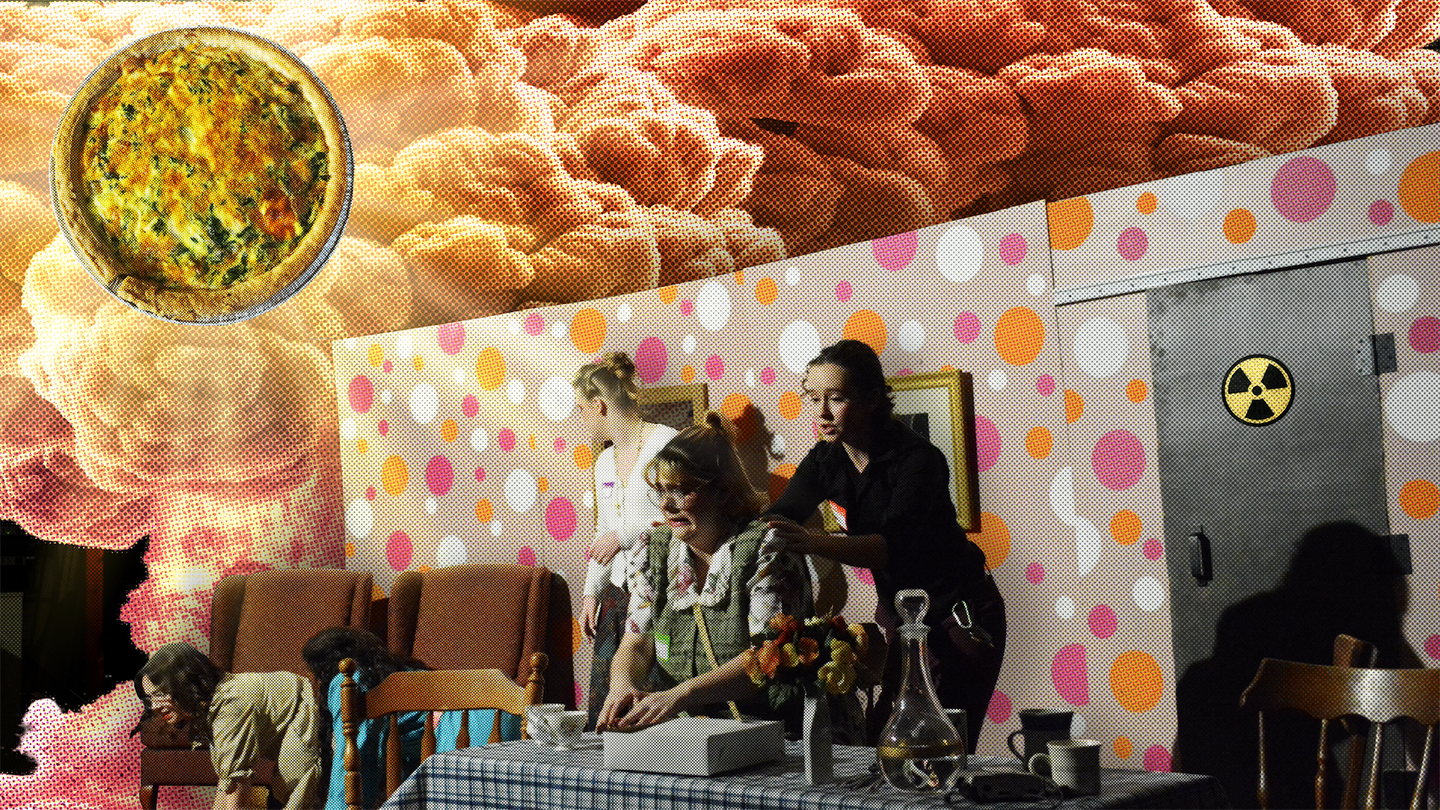
.jpg)

.jpg)
.jpg)

.png)